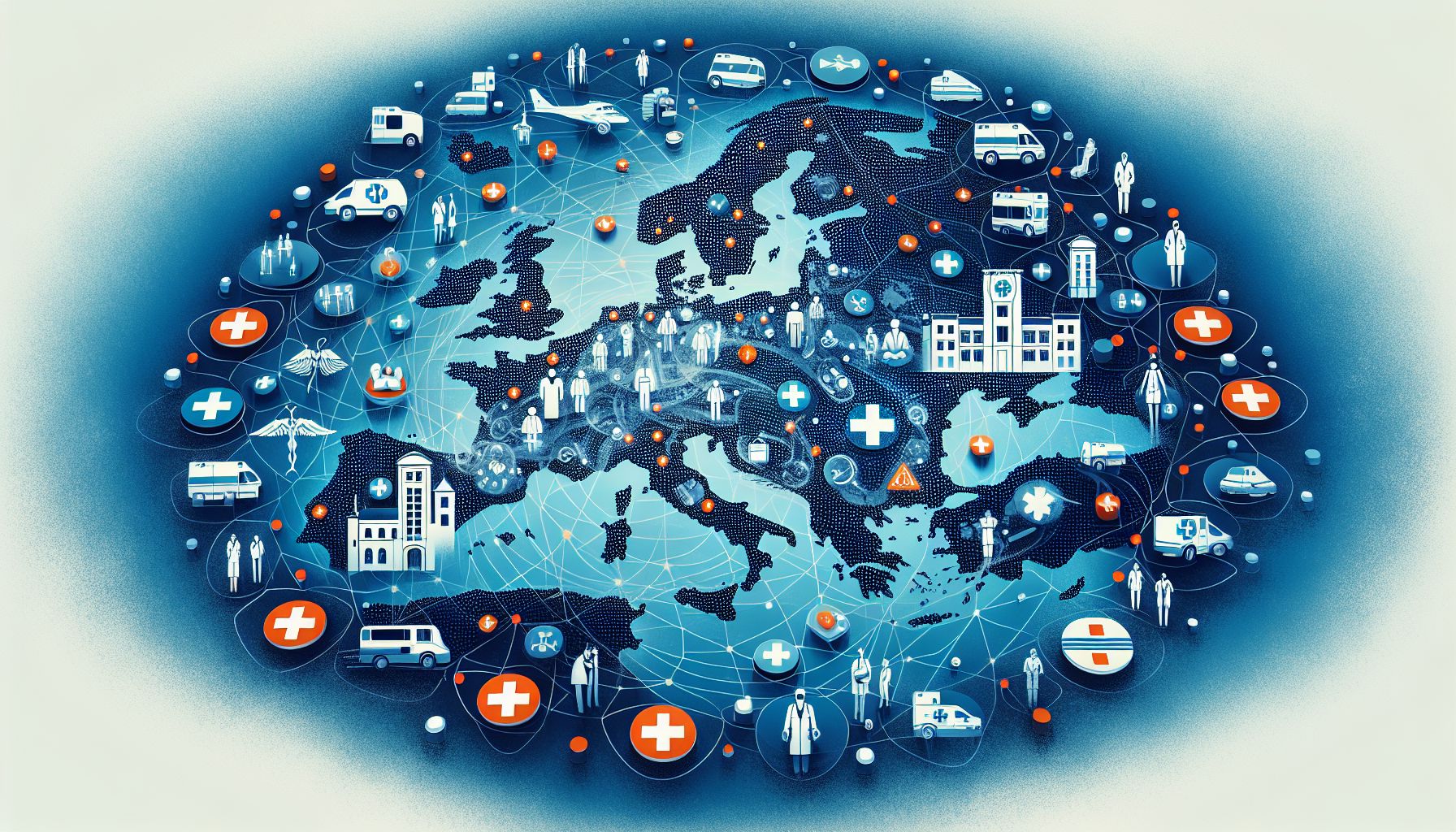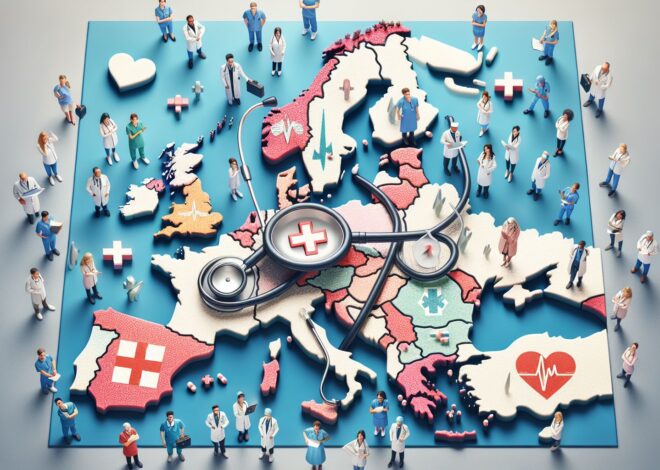
The Preparedness and Response of European Health Systems
As the COVID-19 pandemic continues to disrupt daily life around the world, the response of European health systems has come under scrutiny. Health professionals, policymakers, and concerned citizens have all been looking for answers about the preparedness of these systems to effectively handle such a crisis. In this article, we will explore how European health systems have fared in terms of preparedness and response, and what lessons can be learned for the future.
Preparedness
The preparedness of European health systems for a pandemic like COVID-19 has been a topic of debate for many years. Some argue that the systems were ill-equipped to handle such a crisis, while others believe that they have done the best they could given the circumstances. One of the biggest challenges faced by these systems was the lack of adequate resources, such as personal protective equipment (PPE), ventilators, and testing kits.
Despite these challenges, many health systems in Europe have shown remarkable resilience in the face of the pandemic. Countries like Germany, for example, were able to quickly ramp up testing and contact tracing efforts, which helped to slow the spread of the virus. Other countries, such as Italy and Spain, faced a more difficult situation due to the rapid influx of patients overwhelming their healthcare systems.
Response
The response of European health systems to the COVID-19 pandemic has been varied, with some countries faring better than others. One of the key factors in a successful response has been the ability of health systems to quickly adapt and innovate in the face of uncertainty. Telemedicine, for example, has played a crucial role in allowing patients to receive care while minimizing their risk of exposure to the virus.
Another important aspect of the response has been the coordination between different levels of government, as well as between health systems and other sectors such as education and transportation. In many cases, this coordination has been lacking, leading to confusion and inefficiencies in the response to the pandemic.
Lessons Learned
As European health systems continue to grapple with the challenges posed by COVID-19, there are several key lessons that can be learned from the experience so far. One of the most important lessons is the need for better coordination and communication between different parts of the health system. This includes not only coordination between different levels of government, but also between different healthcare providers and sectors.
Another important lesson is the need for more investment in public health infrastructure. This includes not only physical infrastructure such as hospitals and clinics, but also human resources such as healthcare workers and researchers. Without adequate investment in these areas, health systems will continue to struggle to respond effectively to pandemics like COVID-19.
Conclusion
In conclusion, the response of European health systems to the COVID-19 pandemic has been mixed. While some countries have shown remarkable resilience and innovation in the face of the crisis, others have struggled to cope with the rapid spread of the virus. Moving forward, it will be important for health professionals, policymakers, and concerned citizens to work together to address the shortcomings of the current systems and build a more resilient and effective healthcare infrastructure for the future. By learning from the experience of the pandemic, we can ensure that we are better prepared to handle future health crises.



